In a recent Internet exchange, I was accused of not understanding my audience, of not “getting it”. That stung a bit. But I spent some time contemplating. And, I’ve come to a conclusion.
Guilty as charged.
Photography to me is about communication, and I don’t understand the mentality of people who spend untold hours of effort to make images that they consider great, and never show those images to anyone. It reminds me of a cook creating a fantastic meal and eating it themselves, and that thought just saddens me.
If your idea of landscape photography is to go to the famous spots and search for the tripod holes of the iconic images, I don’t get it. I think photography is about creativity, and that pursuit is not my idea of creativity. I would feel no satisfaction in trying to recreate Clearing Winter Storm, even though I think it is a great photograph. The parking lot at Tunnel View depresses me. I want to see something of the photographer in images.
Some photographers develop a style in their 20s, and then take the same kind of pictures for the next 40 years. I don’t get it from the photographer’s point of view, although I understand why gallery owners love it. To me it sounds like a recipe for terminal boredom. I work on series for three or four years, then move on. My most asked-for work is from the Staccato series. After four years of that, I realized two things: a) there were lots more great pictures to be made with more seat time in more different places, and b) all I would have to do — and all I could do — was do more of what I’d already done. Moving on was the only thing I could contemplate without pain.
I think cameras are tools, and the right tool for the job depends on the job. I think the search for an all-around camera, one that excels at everything, is ultimately fruitless and a waste of time and energy. I think web-discussions that debate which camera is best in some abstract sense are silly. There are cameras that are the best for some jobs, and, while they may be able to accomplish other tasks, aren’t the best for those. I don’t understand those who persist in these arguments.
I think we are all born artists, and, if we work at it diligently, every one of us can make good art. I don’t understand people who say things like, “I’m just not creative.” I think the creative expression some people think is innate to only a few is the result of earnest and persistent effort.
I think that almost any camera, from a paint can with a hole in the side or a Holga to a $50K Phase One 150 MP, is an excellent tool for some kind of photography. I also think that the digital cameras we have available to us now are much better tools for almost everything than what we had in the past. I don’t understand people who talk as if some camera has no right to exist, and who imply that people who use that camera are fools. As a corollary, I don’t understand people who blame their cameras for the quality of their photographs, and who hop from camera to camera like frogs on a lilypond in hopes that the newest camera will improve their images.
I think that photography is making images using light. I don’t understand people who want to restrict the use of the term to photography based on light-sensitive chemical slurries. “Lips that touch digital shall never touch mine” – thanks for that phrase to AD Coleman — is an attitude to which I can’t relate at all. When it comes to defining what a photograph is, I’m a big-tent person. A photogram is a photograph to me. If you start out with a photograph and paint all over it like Kim Weston or Holly Roberts, I still call it a photograph. I’ve illustrated this post with some of my images that might not seem photographic to all.
I don’t understand how some commercial photographers can bang out product shots all day, every day. For someone with the skills necessary to succeed at that, there must be a better way to make a living.
I don’t get tribal brand loyalty. I do understand getting the most out of your investments in equipment. I can relate to reusing the time spent learning an interface. I even appreciate nostalgia. But I don’t understand staying with a brand for 40 years just because you started out with it. But then again, I never was much interested in “Ford vs Chevy” arguments.
I see that many cameras are beautiful expressions of their designers’ skills and talents and that some are so suited to their task that they are a joy simply to operate. But I don’t understand fetishizing them. If I want to do something that puts my camera at risk, I will seriously consider it, and usually do it. I’m not concerned with scratches or dings. I don’t use “finger filters”. I understand the appeal of camera collecting, but to me, that has little to do with photography.
I recognize that some things are basically qualitative and that some things that we’d like to make quantitative are hard to measure. But I have little empathy with those who want to discuss quantitative, easily-measurable things without numbers, graphs, or precise definitions. I understand that some folks aren’t comfortable with some mathematics; I myself have such limitations. But an aversion to precision and quantification, in general, goes right over my head.
Whew! My confession is over.
But, as you may be able to tell, I am not particularly repentant.

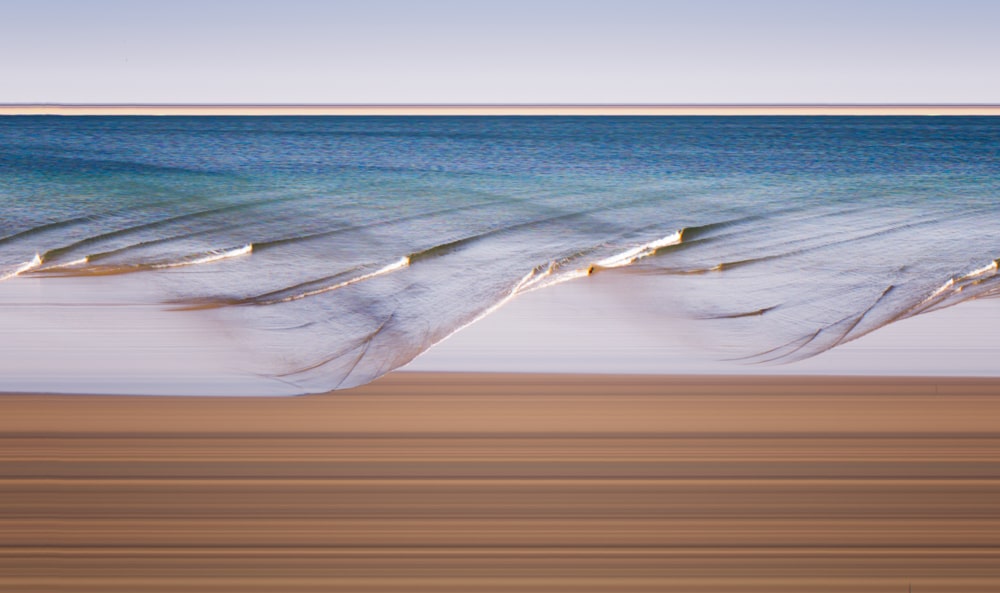
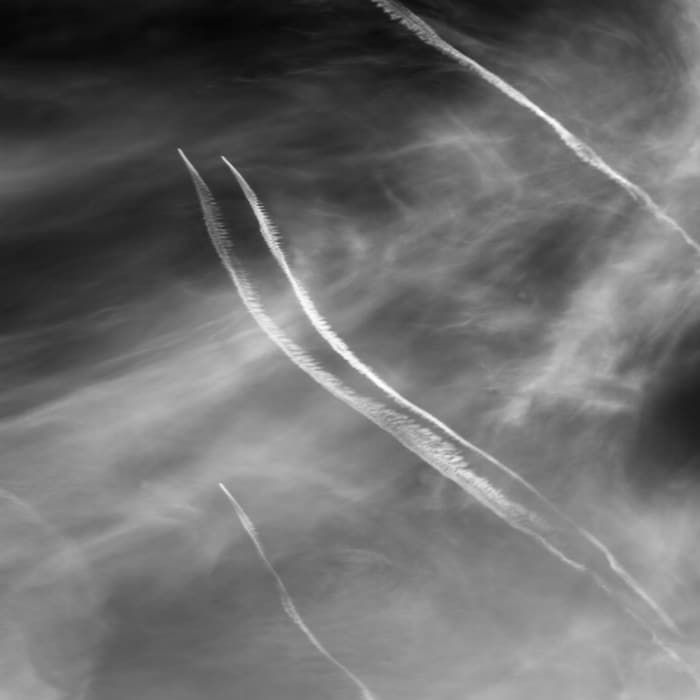
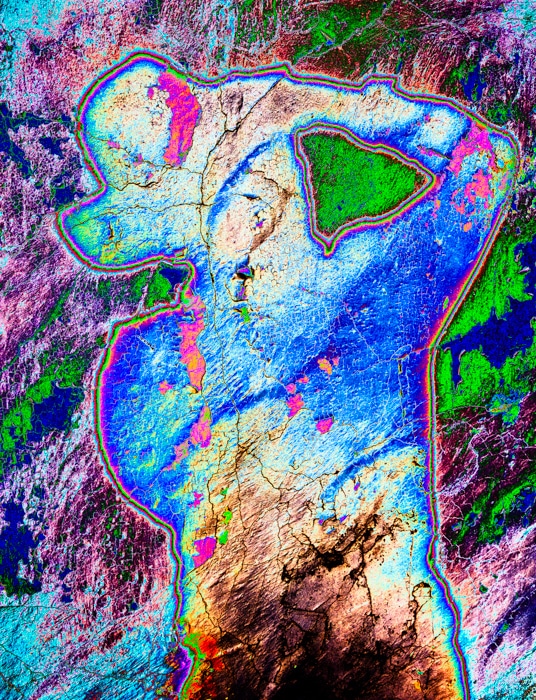
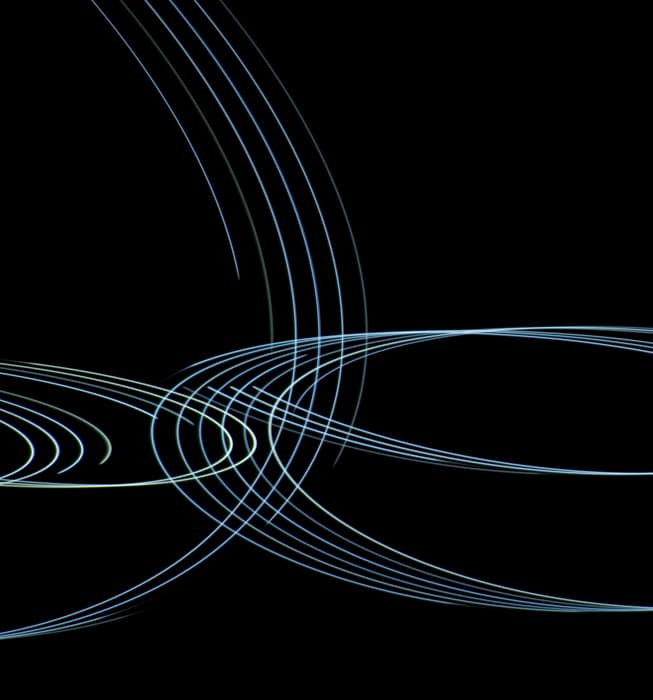
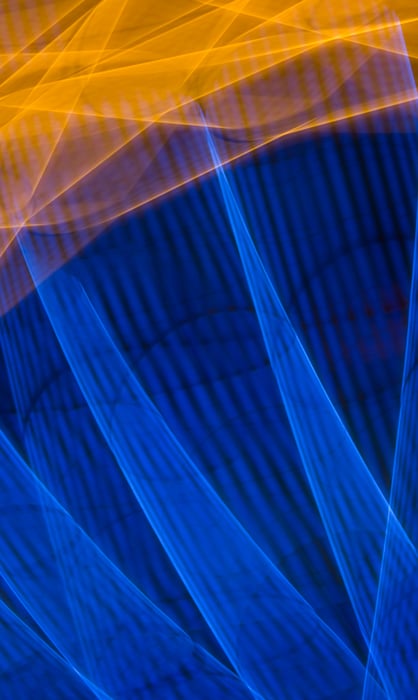
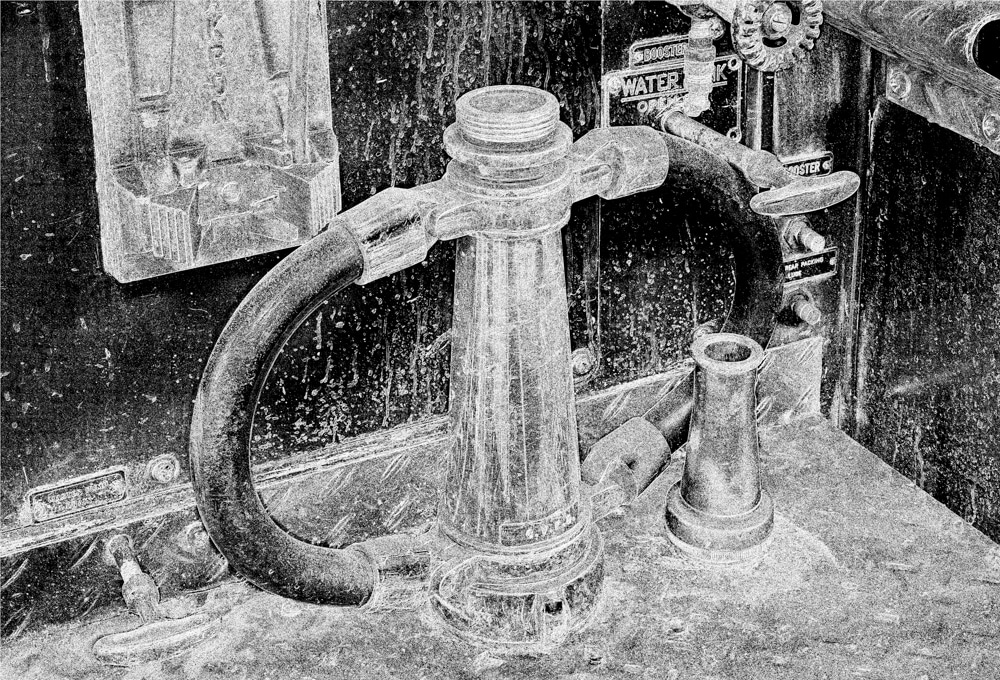
Den says
‘an aversion to precision and quantification in general goes right over my head.’
Facts are only good for outcomes. Persuasive discussion is usually won by emotion. This is the way most human life functons, no need to justify yourself.
Keep up the great work.
Mike Nelson Pedde says
Touché, Jim.
Mike.
Graham Byrnes says
Yup. Thank you.
Iliah Borg says
“Not understanding audience”… in this case it is a rather common way of putting blame where it doesn’t belong. Such a public display of aggression, self-centricity, and stupidity shouldn’t sting even a bit.
Ed Wrobel says
Exactly!
Your research and reviews are priceless Jim.
Thank you!
Ed
Paul D May says
Thanks Jim…I enjoy your work very much…and this coming from an organic chemist 🙂
Erik Kaffehr says
Hi Jim,
Thanks for sharing.
Personally, I am not an artist but I hope I do make some nice images. For me, photography is both art and applied physics. I am interested in both.
Your writing is much appreciated for the science but also for the art.
Tom says
Lovely confession/manifesto. Bravo!
Idk if my attitude differs or not but as a musician I find that a musical instrument can sometimes inspire. Most instruments are rather predictable but occasionally I encounter one that excites me in ways that are hard to understand and I find that I want to do something using it. In retrospect I can say that such-and-such instrument was more or less life changing.
For example, at one point in my practice as a musician I bought a device that I intended to incorporate as perfectly simple, stable oscillators. But something else happened while I learned to operate it and I changed direction. Three albums came from that inspiration, including some wonderful experiences and collaborations.
Similarly, in photography I do not insist on the view that the camera or lens or what-have-you is a tool subordinate to my creative intent. In practice I probably relate to it as a tool, deploying such skills as I have, much of the time. But in truth I don’t have complete dominion over the gear in my expressive pursuits and taking such a stance would be unrealistic and needlessly limiting.
So it’s ok to allow some space for metaphysics in the relationship with equipment. The non-sexual meaning of the word fetish describes the same thing (discounting anything supernatural).
That said, for many people it is evidently easy to be distracted from the creative objectives and consumer marketing exploits this relentlessly. The result is GAS and all manner of cognitively-dissonant stories to support it. Mix some sensitivity and insecurity in and I think you can begin to understand a lot of strange conversations on the net. I understand your article as drawing a line around this (rather than what I describe) and distancing yourself.
Erik Kaffehr says
Reminds me of the Statue of Liberty:
https://blog.kasson.com/wp-content/uploads/2018/10/DS13853.jpg
Lot of great images on your site!
I appreciate both the science and the images!
But we see a lot of good images and far less good science around the net. So, the science is a bit extra welcome!
Best regards
Erik
JimK says
It’s the balloon at the Paris Las Vegas.
Phil says
Great post. I’m a bit on the fence with some of it.
I’m against the “you’re talented” phrase people throw around because it diminishes the effort someone has put in to be really good at whatever is being commented on (it doesn’t have to be photography). The chances are, they weren’t born with an ability: they had to put in effort to get good.
That said, I’ve seen people put in equal or comparable effort for the same task and one will rise above the rest. Just as there are more intelligent people than others. I notice I find it easier to memorise technical things than others but I have to put in more effort for the artistic side. Ultimately, I believe we can learn to be creative just as we can learn to speak French. However, I think sometimes people are naturally more advantaged when it comes to being creative i.e. they have to put in less effort than a “non-creative” person. I also notice I’m more creative with things I’m knowledgeable about, because I have more knowledge to use for my creativity. This isn’t a strong argument of mine either because perhaps the person deemed as “creative” spent their whole life creating and has honed their skills unknowingly. They’re my general thoughts on the matter, and as you can see, I’m a bit on the fence.
In regards to tribal brand loyalty, my opinions are slightly more certain. I believe it’s because people put in a lot of effort into the product they buy. By saying another product is better, you are indirectly stating their purchasing decision was a poor one. I also believe that when they purchase something, they feel some kind of emotional attachment to said something. Beyond that, it’s illogical. I tend to go in the opposite direction… If I’ve spent a lot of money on something, I believe it should function flawlessly. I guess there’s also an aspect of “I bought something better than you!” for some people. It’s all a waste of time really.
In my opinion, because photographers are creatives and are less technically minded than a typical C# coder, the levels of discussion are typically worse. You’ll be discussing something objectively and then suddenly they will come out with a “but the best camera you have is the one with you!” type phrase. No matter how strong of an argument I put against the Sony menu system (it takes way too many button presses to achieve certain things that could be done with 1 or 2 button presses), people will come out with the “you’re just not used to the camera!” type logic i.e. making it personal. My advice here is to just not engage in those discussions. Write your complaints (or compliments) towards Sony or whoever, on your website, and don’t engage with those you don’t have to.
When I think of Sony vs Nikon, it reminds me of AMD vs Intel. There has been times AMD make faster processors than Intel, and vice versa.
“I don’t understand how some commercial photographers can bang out product shots all day, every day.”
I think they’re a lot more creative and put in a lot more effort than most people realise. Because of that, it’s a challenging job which makes it an interesting job and that’s perhaps why they can keep doing it. I could be wrong, perhaps some of it is very repetitive. I’m not really good enough to comment too much, but that’s just the impression I get.
In regards to style… I think style gives a nice synergy to someone’s work. It helps sell your work because the person buying your work knows what to expect from you. From the business side, it’s ingenious. In all honesty, as long as an album has the same style, I don’t mind if the photographer has multiple styles. I do prefer to look at an album with a theme to it though.
My aim here I think is to compromise a little. Ultimately have two styles for work and experiment with many as a hobby.
A lot of this does just come down to effort. The effort to be civil in a conversation, get good at something, develop a style, etc.
David Fuller says
What a wonderful post, Jim!
I think our perceptions of all these things are invariably colored by our own particular myopia. In reading this post, for example, I come to think of you as a photographer equally as much as an engineer. It’s not that I didn’t know you were a photographer, it’s that I have mostly read your technical articles, and have thus developed a myopic view of Jim Kasson. (I shall make further efforts to remedy that.)
The comment about product photographers interests me, as it strikes at the very nature of craft, and how we get better at a craft. There’s something that happens when you do the same (or similar) thing over and over for years: you come to see nuances that were not visible to you before. And you come to have the skill and discernment to affect them.
I’m reminded of the classic Chinese and Japanese potters who, as apprentices, threw the same simple forms for years before the master decided they were ready to move on. (I once studied ceramics in a detour from my photography.) The thinking, as I understand it, was that it took that kind of time and repetition to achieve true mastery of the craft, so that they had the facility to make more complex forms, and later, to imagine new forms.
Did that philosophy of craft work? Well, Chinese dynastic porcelain is some of the most beautiful that’s ever been produced, at least in the view of many, so by that measure, at least, yes.
More broadly, working a lot in any medium gives one the “chops” to execute what one intends. You develop a level of skill in manipulating the tools that allows you to express what you want to with less left to lhappy accidents”. Those still occur, but with increased technical skill (practice) one is able to take better advantage of them.
JimK says
You make an excellent point.
https://blog.kasson.com/the-last-word/in-praise-of-repetition/
Jim